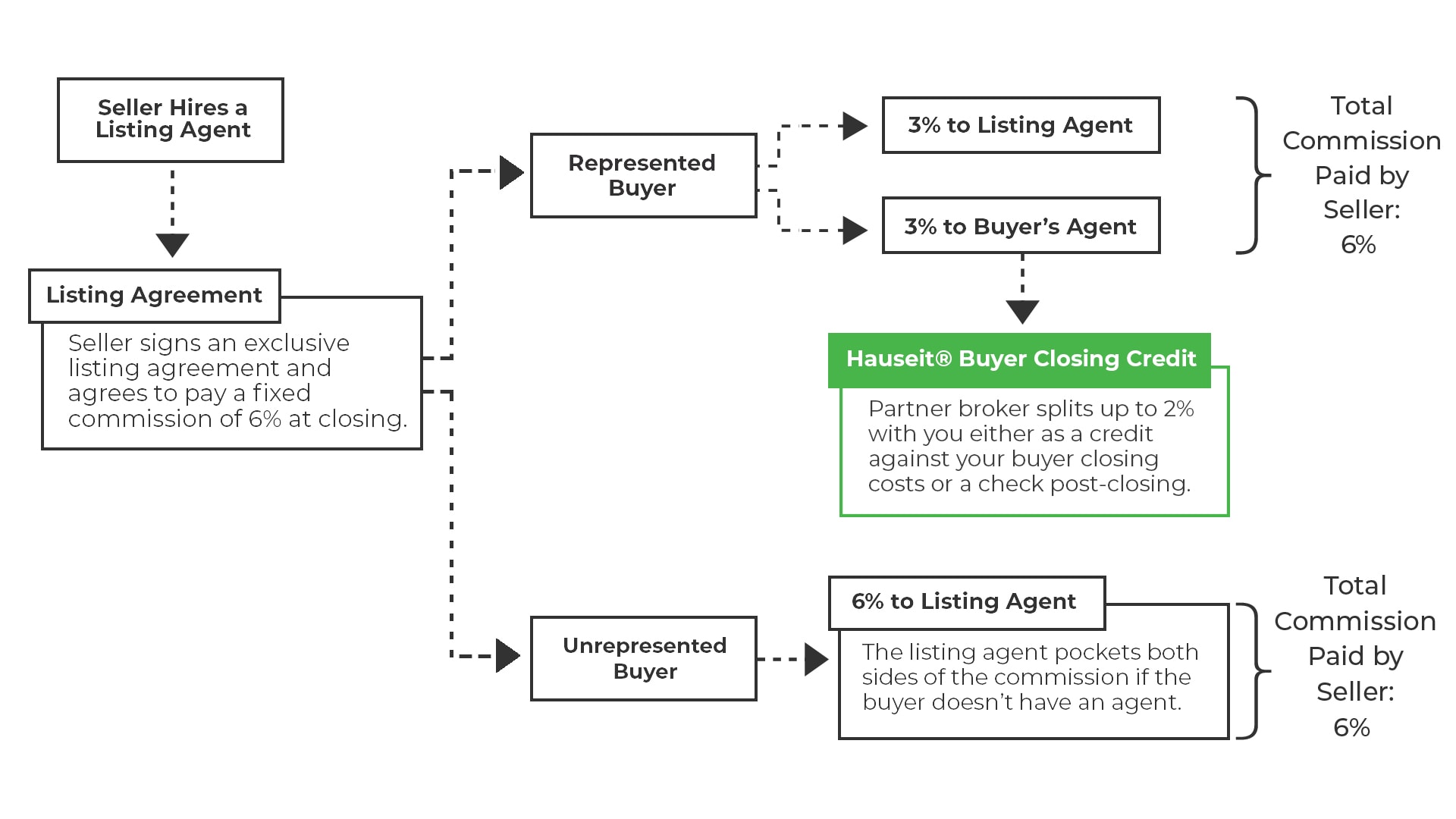At closing, the seller’s attorney either wires the commission to the brokerage’s bank account or gives a certified check to the agent. The agent will then either give the check to his or her managing broker or deposit it directly into the company’s bank account. Either way, state law mandates that all commission payments must be paid to the brokerage.
After the commission check clears, the brokerage will then pay the agent his or her commission split, which is specified in the independent contractor agreement he or she signed when joining the brokerage. As we discussed, this is often 50% of the gross commission, especially for newer agents or those without large books of business.
Pro Tip: So just how much is real estate commission in NY? Remember to account for the fact that agents don’t get to keep the entire commission. Net payouts after accounting for the commission split to the brokerage is often just 50%. Then you have to account for taxes, which can be another 50% of the agent’s net payout in high tax jurisdictions like New York.









